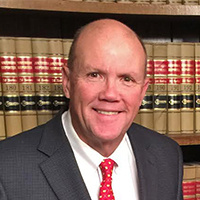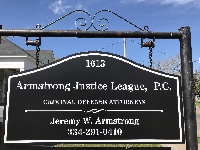Perote White Collar Crime Lawyer, Alabama
Sponsored Law Firm
-
 x
x

Click For More Info:
-
The Law Offices of Richard L. Cooper, P.A.
848 Brickell Avenue Suite 800 Miami, FL 33131» view mapDWI/DUI, Drug Trafficking, Felony Nationally Ranked Top 40 Under 40
With Richard L. Cooper you can expect a trusted confidant who will work diligently to fully understand your case and determine a road map to help you regain control of your life.
800-756-2781
Not enough matches for Perote White Collar Crime lawyer.
Below are all Perote Criminal lawyers.
James A. Jacobs
✓ VERIFIEDFirst licensed to practice law in Alabama in 2003, Attorney James A. Jacobs is a sincere and compassionate professional who cares about his clients an... (more)
William B. Matthews
✓ VERIFIEDWilliam Matthews, Jr. is a practicing lawyer in the state of Alabama specializing in Divorce & Family Law; Criminal; Accident & Injury; Bankruptcy & D... (more)
Jeremy W. Armstrong
✓ VERIFIEDI have spent my entire legal career in the criminal justice system as a former prosecutor and a criminal defense attorney since October 2000. In Apri... (more)
FREE CONSULTATION
CONTACTRobert D. Segall
FREE CONSULTATION
CONTACT
 Richard L. Cooper Miami, FL
Richard L. Cooper Miami, FL AboutMiami Attorney at Law
AboutMiami Attorney at Law ServicesCriminal Defense
ServicesCriminal Defense




